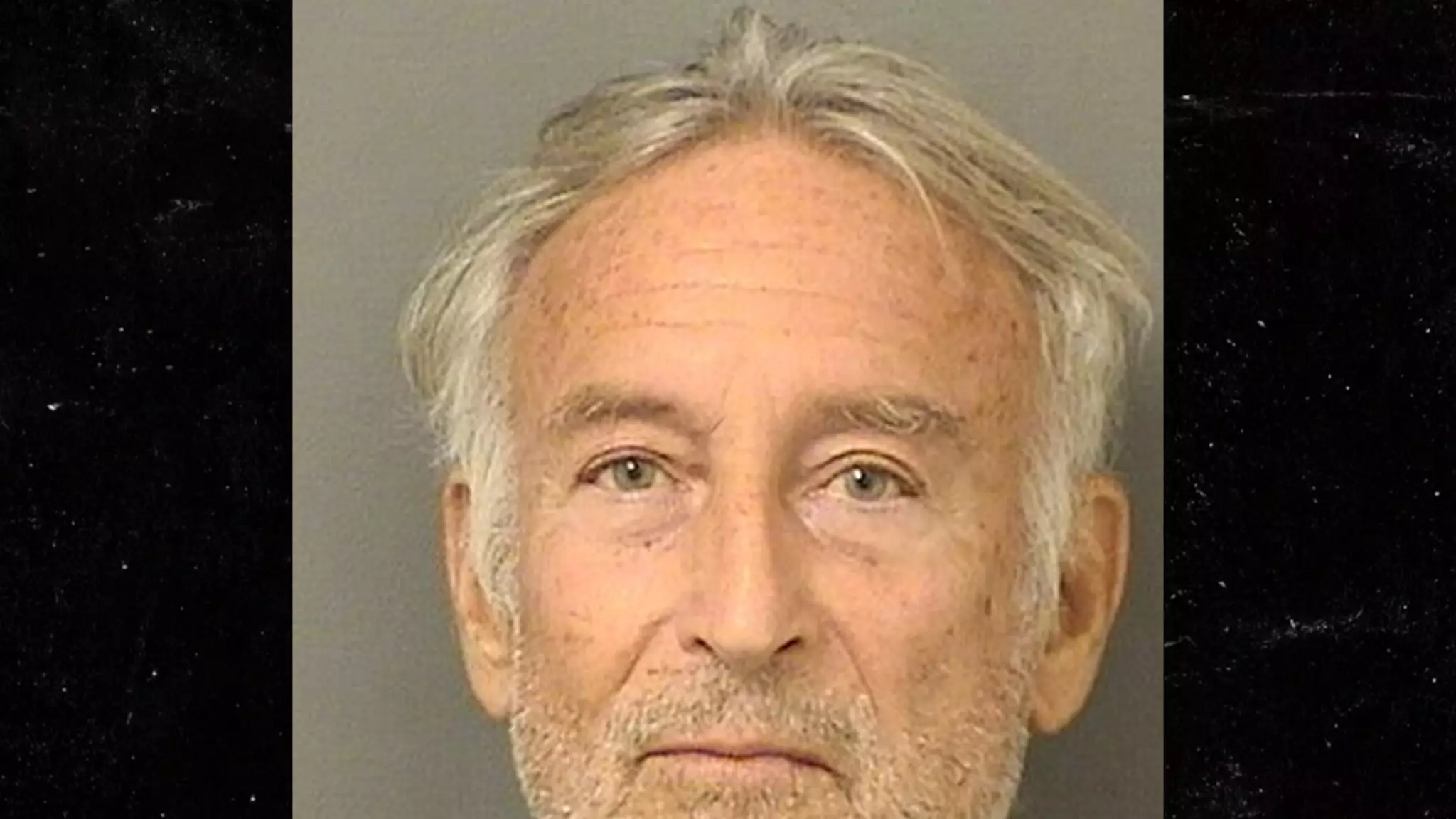In an unexpected twist, a seemingly benign Florida resident, Glenn DeCicco, aged 73, has surfaced in the news not as a beach-loving retiree but as a suspect embroiled in legal turmoil for allegedly threatening the life of President Trump. The very image projected in his mug shot—an older surfer dude with shaggy hair and a friendly demeanor—contrasts sharply with the gravity of the accusations against him. While the stereotypical narrative of a dangerous criminal often does not include an elderly man resembling a laid-back beachgoer, DeCicco challenges these notions, highlighting the complexities that often lie beneath surface-level appearances.
Social Media’s Impact on Discourse
The sequence of events that led to DeCicco’s arrest was catalyzed by incendiary social media posts, illustrating the potent mix of free speech and the responsibility that comes with it. His choice of words—a detour from casual banter into the realm of violent ideology—serves as a cautionary tale about the power and repercussions of unchecked expressions online. The alarming phrases he utilized, particularly “Ass-ass-inate!” along with stock market commentary intertwined with threats, reveal an unsettling mindset that is becoming more common in today’s politically charged climate. This incident calls into question the nature of political discourse and whether online platforms have become breeding grounds for radical, reckless, and potentially dangerous sentiments.
The Allure of Infamy
In a world that often thrives on clickbait and sensationalism, DeCicco not only rendered himself infamous but also exposed the absurdities of our times. Arrested for threatening a president, he nonetheless fashioned a mockery of the moment with an almost playful mug shot that seemed to scream for attention. Interestingly, it prompts the audience to consider: is he a misguided individual venting frustration in the most extreme way possible, or is this an intentional grasp for fleeting notoriety? The broader implications reflect on how the public’s reception of such figures can turn them into unwitting cautionary tales—representing an alarming trend in uncivilized political rhetoric that frequently dances on the edge of madness.
A Flawed Justice System
DeCicco’s legal troubles, resulting in his detention without bond, throw light on the complex judicial system that governs communication and conduct in an era riddled with radical behavior. While the courts must maintain order, the universal response to threats of violence, regardless of the source, is critical to societal safety. The blend of political angst with an aging populace also highlights an interesting demographic phenomenon, where frustration can manifest in volatile actions. As judicial proceedings unfold, they will not only determine DeCicco’s fate but also serve as a litmus test for how we manage threats in a divided nation, reaffirming the idea that words carry weight—sometimes heavier than the speaker intends.
As DeCicco navigates the repercussions of his actions, the intersection of age, social media, and political rhetoric raises essential questions about our collective responsibility in fostering a more civil discourse.

